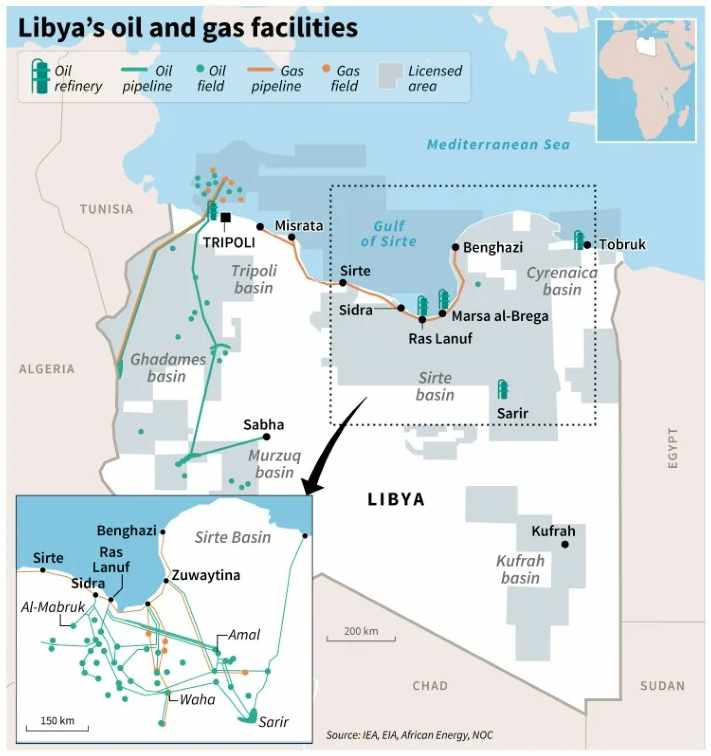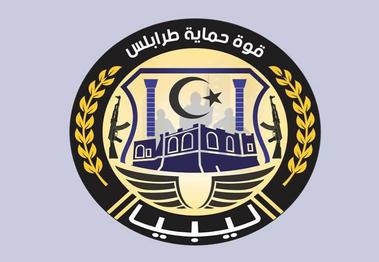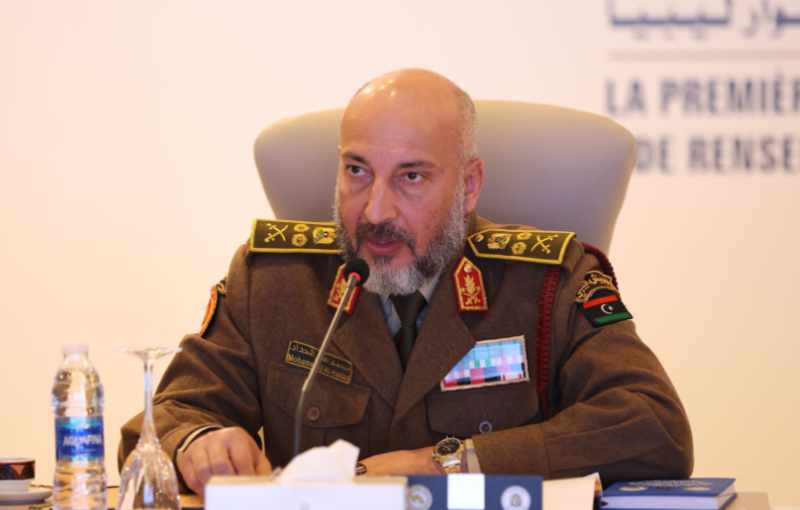Libya’s religious tensions bubble to the surface again
Published on 2024 July 18, Thursday Back to articles
Jebel Nafusa Mountains in northwest Libya
The General Authority of Awqaf [Endowments] and Islamic Affairs in western Libya issued a highly provocative statement at the end of June that incited fury among Libya’s minority Ibadi community. It effectively rejected Ibadism because it asserted that the witness testimony of Ibadis, whom it described as the ‘people of heresy and whims,’ should not be considered valid.
Although the overwhelming majority of Libyans are Sunni Muslims, there is a small Ibadi community mainly located in the Nafusa Mountains and northwest of the country. The Ibadi are almost exclusively Amazigh, (Berber) although not all Amazigh are Ibadi. Suppressed under Muammar Qadhafi, the Ibadi community began to assert their faith after 2011. They established schools and mosques in many Amazigh towns such as Jadu, Yefren and Nalut among others.
However, they are hated by the Salafist current, which is in control of the Awqaf Authority, and which does not consider them to be proper Muslims. This is not unique to the Awqaf in the west. Eastern Libya’s Awqaf Authority, which is also in the hands of the Salafists, is equally condemnatory of the Ibadi sect. In 2017 eastern Salafists linked to the then parallel government led by Abduallah al-Thanni in Al-Bayda, issued a fatwa labelling the Ibadis as ‘infidels without dignity,’ and as a ‘misguided and aberrant group.’
The issuing of this latest statement in June provoked a furious response from Libya’s Ibadi community. The municipalities of Kabaw, Nalut, Yefren, Jadu, and Tandemira all denounced it and demanded the creation of a separate General Endowments Authority for Ibadis. The Awqaf Authority’s offices in these towns were also shut down.
The Supreme Council of Ibadism issued a statement calling on the Government of National Unity (GNU) and the Hugh Council of State (HCS) to dissolve the Awqaf Authority and to re-establish a new Awqaf authority that respects all Islamic doctrines that are followed in Libya. The Supreme Council of Amazigh also waded into the argument and linked it to the ongoing political tensions between the Amazigh and GNU Interior Minister, Emad Tarabulsi. These tensions centre around Amazigh fears that Tarabulsi, who is from Zintan, is trying to dominate their areas and implement an Arab agenda. These fears were born out for many Amazigh when Tarabulsi tried to take control of the Ras Ajdir border crossing with Tunisia, a facility that represents a critical source of income for the Amazigh of Zuwara (Libya Focus, April 2024). Indeed, many Amazigh consider Tarabulsi to be running a hostile campaign against them.
In their statement, the Supreme Council of Amazigh noting, ‘What the Endowments Authority in Tripoli did against the Ibadi sect is a clear and explicit threat to the Amazigh who follow this sect, and is considered a prelude to what the caretaker government is doing towards them. The right to defend and protect our children is our duty and we are forced to communicate with international courts and internationalise our case for consideration and there is no going back from it.’
Prime Minister Abdelhamid Dbeibah responded by chiding the Awqaf Authority and accused it of threatening peace and social stability and warning it not to go beyond its remit. The HCS followed suit, criticised the Awqaf’s statement and, like Dbeibah, warned it not to go beyond its areas of responsibility.
Such warnings were not deemed stringent. The Supreme Council of Ibadism joined various other religious groups, including the Libyan Ulema’s Association and the Qu’ran Al-Kareem Gathering, to issue a joint statement calling on Dbeibah to replace the leadership of the Awqaf Authority.
Other religious figures and groups waded in as well, seizing upon the opportunity to attack the Salafists. Grand Mufti Sheikh Sadiq al-Ghariani — who has long been at loggerheads with the Salafist current and with the head of the Awqaf Mohamed al-Abani in particular (Libya Focus, November 2022) — jumped at the chance to condemn his rivals. Al-Ghariani accused the Awqaf Authority of ‘igniting fitna (strife)’. The al-Ashraf Association, which represents those who claim descent from the Prophet, also condemned the statement.
There is strong opposition to the Awqaf and its anti-Ibadi pronouncements, and Dbeibah fear the social tensions that such pronouncements stir up. Ther is, however, little that he can actually do to bring it into line. The Salafist current enjoys widespread support among many constituencies in Libya, including in Tripoli, where it has the strong backing of the Special Deterrence Force (SDF a.k.a. RADA Force) which is predominantly Salafist in orientation. Dbeibah knows he cannot afford to alienate the SDF if he wants to remain in power in Tripoli and thus cannot risk making any move to replace al-Abani, let alone dissolve the Awqaf.
Dbeibah is therefore left with little option but to merely issue statements and hope that the issue subsides. However, he needs to be careful as tensions have now been mounting for a while in western Libya, especially among the Amazigh, who continue to believe that the GNU, through Tarabulsi, is determined on bringing them under its control.
This excerpt is taken from Libya Focus, our monthly intelligence report on Libya. Click here to receive a free sample copy.The July 2024 issue of Libya Focus also includes the following:
Politics
- House unilaterally approves an additional 2024 Budget…
- Implications
- Tekela objects to the budget…
- Gearing up for municipal elections
- Awqaf Authority agitates over its condemnation of Ibadism…
Security
- Assassination attempt behind power struggle to control intelligence service…
- Abdelmajeed Mlegta
- More arrests and abductions
Energy & Economy
- Oun is being blocked from returning to his job…



